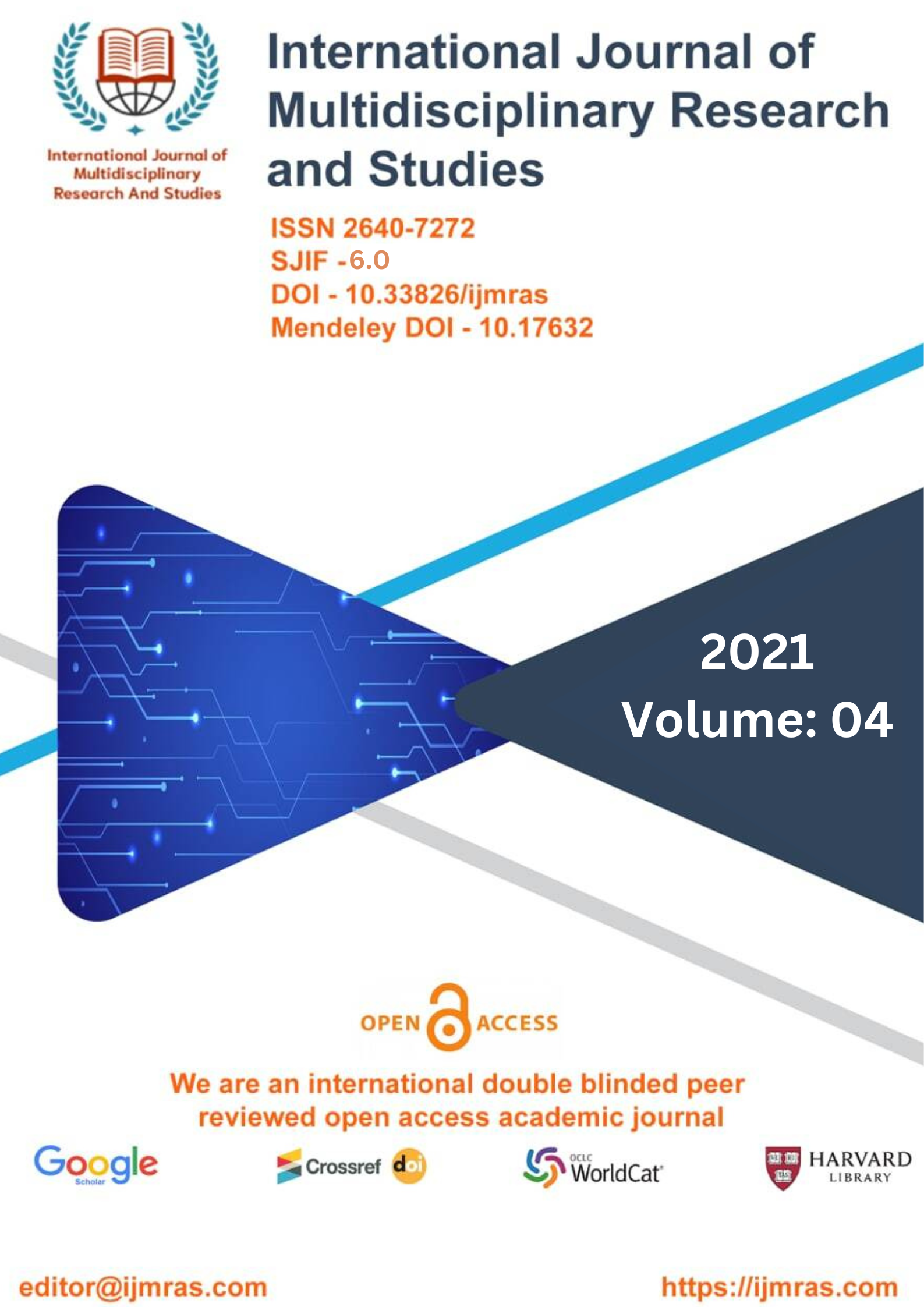RELIGION AND ITS IMPACT ON INDIAN SOCIETY

Abstract
For millennia, religion has played a significant role in the political life, cultural life, and economic life of Indian civilization. Hinduism, Buddhism, Sikhism, and Jainism are all part of India's illustrious religious past, and the country takes great pride in this. In spite of the fact that 79.8% of Indians consider themselves to be Hindus, there are many different religions practiced in India, all of which continue to have an impact on modern culture. The fact that there are so many temples, mosques, and other holy sites in India is evidence that religion plays a more prominent role in Indian society than it does in the majority of English-speaking nations in the West. Scholars live together in huge communities known as ashrams, sometimes known as monasteries or gathering sites. Ashrams often have unique geography, as well as the construction of temples and shrines. Many different sites of worship, such as Hindu temples, Muslim mosques, and Christian churches, can be found in close proximity to one another. We present a quick summary of the major religions that originated in India as well as the major faiths that are practiced in India, despite the fact that it is impossible to cover all religions in India in depth her
Keywords
Society, Indian, Religion, MajorityHow to Cite
References
Adida, C.L., Laitin, D.D., & Valfort, M. (2012). Gender, Economic Development and Islam: A Perspective from France. IZA DP No. 6421
Chaves, M., & David E. Cann (1992). Regulation, Pluralism, and Religious Market Structure: Explaining Religion's Vitality. SAGE Journals Rationality and Society, 4(3): 259–260.
Guiso, L., Sapienza, P., and Zingales, L. (2003). People's opium? Religion and economic attitudes. Journal of Monetary Economics 50 (1), 225-282.
Hougland, J. G., & Wood, J. R. (1980). Correlates of Participation in Local Churches. Sociological Focus 13(4):343–58.
Iannaccone, L. R. (1998). Introduction to the Economics of Religion. Journal of Economic Literature. 36:3, pp.1465–1495.
Lal, D. (2001). Unintended Consequences: The Impact of Factor Endowments, Culture, andPolitics on Long-Run Economic Performance. Ohlin Lectures. MIT Press.
León A. K., & Pfeifer, C. (2013). Religious Activity, Risk Taking Preferences, and Financial Behaviour: Empirical Evidence from German Survey Data. University of Lüneburg Working Paper Series in Economics, No. 269, ISSN 1860 – 5508.
Minarik, P. (2014). Religion and economic attitudes in post-communist transition. Journal of Post-Communist Economies, Volume 26 page 67-8
PEW Research Center: America’s Changing Religious Landscape (2015). Available at http://assets.pewresearch.org/wp-content/uploads/sites/11/2015/05/RLS-08-26-full-report.pdf
Pope, L. (1942). Millhands and Preachers. New Haven, CT: Yale University Press.
Putnam, R. D., Leonardi, R., & Nanetti, R. (1993). Making democracy work: civic traditions in modern Italy. Princeton paperbacks. Princeton University Press.
Smith, I., Sawkins, J. W., & Seaman, P. T. (1998). The Economics of Religious Participation: ACross-Country Study.” Kyklos. 51:1, pp. 25–44. doi: 10.1111/1467-6435.00036
Tomes, N. (1985). Religion and the Earnings Function. American Economic Review,75(2):245-50.
Ambedkar, B.R. 1999. ‘Buddha and Future of His religion’ in Madan, G.R. (ed.). Buddhism: Its Various Manifestations. Mittal Publications: New Delhi
Madan, T. N. ‘Religions of India: Plurality and Pluralism’ in The Oxford India Companion to Sociology and Social Anthropology edited by Veena Das. Oxford University Press.
License
Copyright (c) 2021 Anupa Singh

This work is licensed under a Creative Commons Attribution 4.0 International License.
Individual articles are published Open Access under the Creative Commons Licence: CC-BY 4.0.




